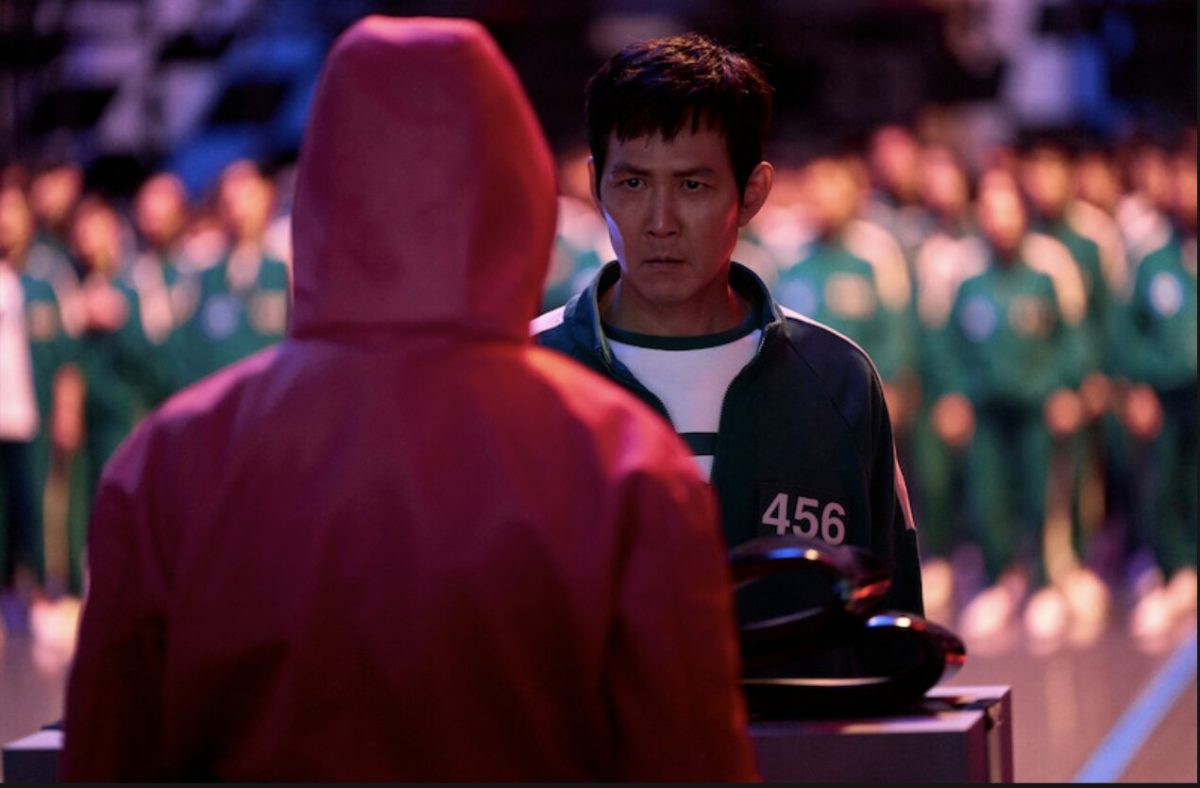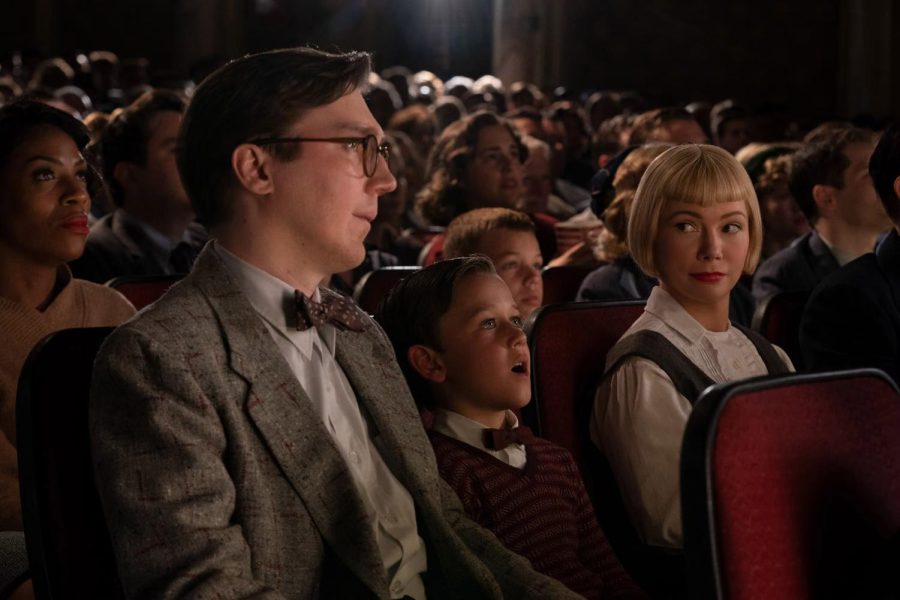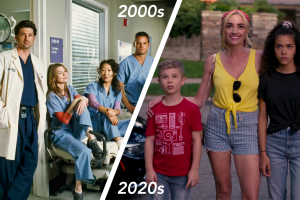‘The Fabelmans’ tells Spielberg’s personal story
Photo courtesy of Amblin Entertainment
A young Sammy Fabelman (Gabriel LaBelle) watches his first movie along with his parents, Mitzi (Michelle Williams) and Burt (Paul Dano) Fabelman.
December 13, 2022
Steven Spielberg’s new coming-of-age film, “The Fabelmans,” tells the story of Sammy Fabelman (Gabriel LaBelle), an aspiring director who falls in love with movies as a child. The film feels very personal to Spielberg as he tries to tell a version of his own origin story through Sammy’s life.
The movie was released in select theaters on Nov. 11, then released nationwide one week later. Although the movie has not gotten much recognition due to intense competition from movies such as “Black Panther: Wakanda Forever”, it is somewhat of a hidden gem in its own way.
In the opening sequence, the realness of the cozy 1950s scene immediately demonstrates what makes Spielberg such a unique director: he transforms the screen into a sort of time machine, depicting an era long gone by as if it was just yesterday. As Sammy starts watching his first movie, his eyes become glued to the screen and he gets truly mesmerized.
Spielberg also tells a personal story in “The Fabelmans.” Sammy’s character is a familiar one: Jewish heritage, immense passion for film and a constantly-moving family. Altogether, Spielberg tells his life story creatively by interpreting parts of it into Sammy’s life. The movie does not feel selfish, but rather celebratory and inspirational.
Additionally, the movie benefits from its simplicity while also being emotionally charged in the right moments. The focus stays on Sammy the whole time and this allows the audience to see everything from his perspective, making the audience feel genuinely connected to the main character.
What stands out the most, however, is Spielberg’s ability to construct a story from more than just Sammy’s perspective. The camera sheds light on the stories of his mom, Mitzi (Michelle Williams), his dad, Burt (Paul Dano) and even a high school jock named Logan (Sam Rechner), who later displays a more human side to himself. Spielberg treats the picture like a road map for the lives of all the characters — although Sammy’s life, of course, is the highway.
The movie also successfully portrays the rough parts of a teen’s life. The marital struggles of Sammy’s parents, the antisemitic bullies at his new school in Santa Clara and his family’s move across three states are all realistic challenges Sammy faces. Cleverly, however, the movie highlights how he overcomes all of these obstacles with his passion for film. By getting behind the camera, Sammy develops more control over his life and effectively utilizes his artistic skills.
Sammy’s life and the lives of those around him are far from perfect, and the film doesn’t shy away from arguments, refusals and challenges between characters. Spielberg unapologetically frames characters such as Benny (Seth Rogen), who later marries Sammy’s mother, as enemies. These difficulties do not demotivate Sammy from achieving his goal of becoming a successful director; they actually push him to embrace the idea of imperfection.
And so Steven Spielberg does it again. “The Fabelmans” not only feels personal to him but to the viewers as well. Eventually, Sammy’s story becomes the audience’s story, his love for film feels mutual and the movie hits where few others can: in the heart.










































